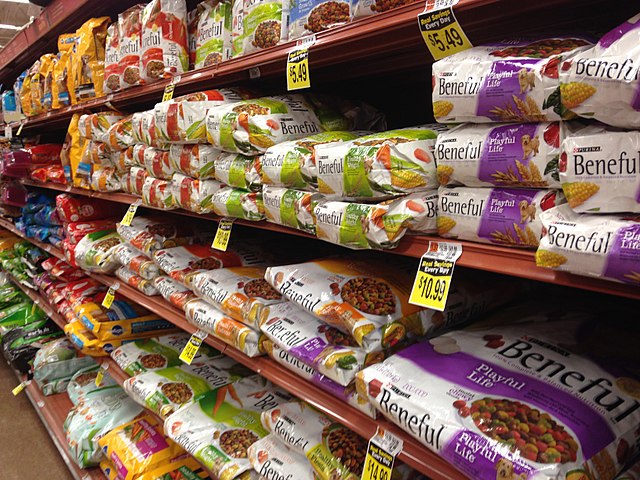When it comes to your four-legged friend, feeding them healthy food is one of the best ways to ensure they lead a happy, active life. Let’s dive into how you can make your dog’s diet as nutritious and tasty as it can be.
Understanding Nutritional Needs
Just like us, dogs need a balanced diet to stay healthy. Here are the key components:
- Proteins: Essential for growth and muscle development. Look for high-quality sources like chicken, beef, and fish.
- Carbohydrates: Provide energy. Opt for whole grains like brown rice and oats.
- Fats: Vital for a shiny coat and healthy skin. Good sources include fish oil and flaxseed oil.
- Vitamins and Minerals: Support overall health and prevent deficiencies. Fresh fruits and vegetables are excellent sources.
Choosing the Right Food
- Commercial Dog Food: High-quality commercial dog food can be a convenient and balanced option. Look for brands that list a quality protein source as the first ingredient and avoid those with fillers like corn or soy.
- Homemade Meals: If you prefer to prepare your dog’s meals, make sure they’re balanced and vet-approved. A mix of lean meats, vegetables, and grains can provide comprehensive nutrition.
- Raw Diet: Some owners opt for a raw diet, which includes uncooked meat, bones, and organs. While this can be beneficial, it’s crucial to do thorough research and consult with your vet to ensure it’s done safely.

Healthy Treats and Snacks
Treats can be part of a healthy diet when given in moderation. Consider:
- Fruits and Vegetables: Apples, carrots, and blueberries make great snacks. Avoid grapes, raisins, onions, and garlic, which are toxic to dogs.
- Homemade Treats: Baking your own treats allows you to control the ingredients. Peanut butter and pumpkin are popular choices for making healthy dog biscuits.
Common Dietary Supplements
Sometimes, dogs may need extra nutrients:
- Glucosamine and Chondroitin: Beneficial for joint health, especially in older dogs.
- Probiotics: Promote a healthy digestive system.
- Omega-3 Fatty Acids: Support skin health and reduce inflammation.
Feeding Tips
- Portion Control: Overfeeding can lead to obesity and related health issues. Follow your vet’s guidelines for portion sizes based on your dog’s age, size, and activity level.
- Regular Feeding Schedule: Consistency is key. Feed your dog at the same times each day to regulate their digestion.
- Fresh Water: Always provide access to clean, fresh water to keep your dog hydrated.
Final Thoughts
Feeding your dog healthy food is an investment in their well-being. By choosing nutritious ingredients and paying attention to their dietary needs, you can help ensure that your furry friend enjoys a long, vibrant life. Remember, every dog is unique, so it’s always best to consult with your veterinarian when making significant changes to their diet.
Your dog will love you even more for the delicious, healthy meals—and you’ll love seeing them thrive. 🐶
